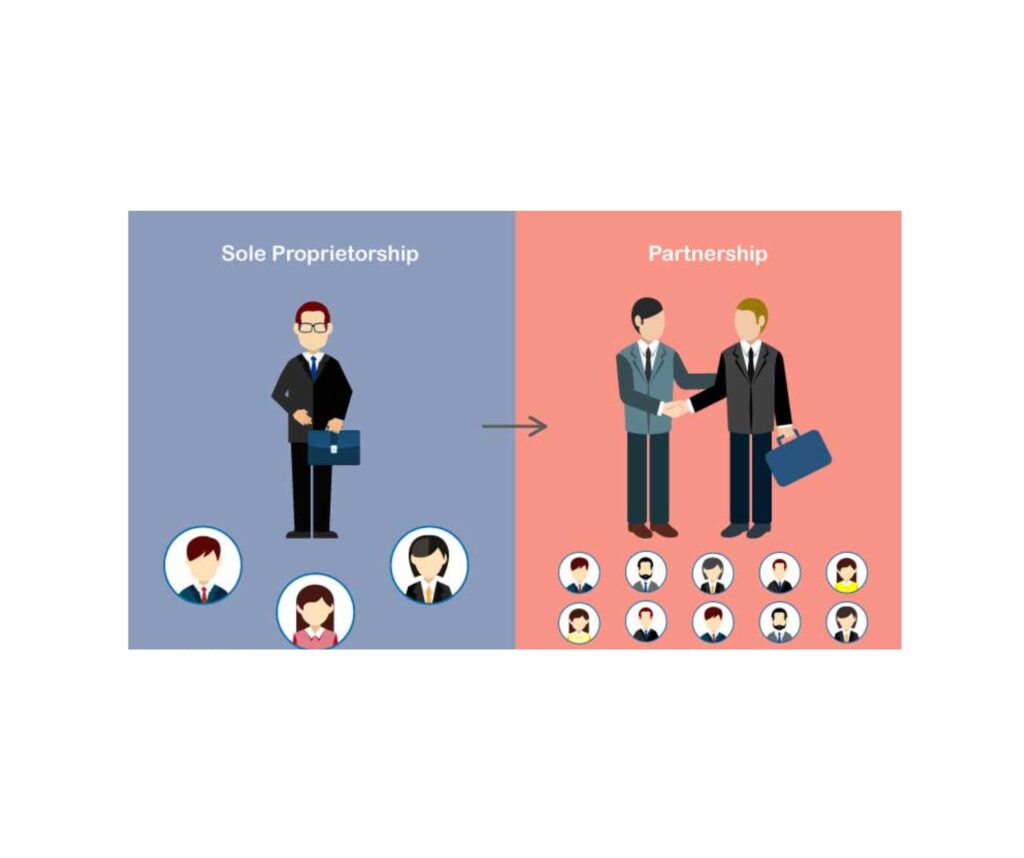Convert Partnership to Corporation
Yes, it is possible to convert a partnership into a corporation. The process of converting a partnership to a corporation typically involves the following steps:
1. Research and Consultation:
Understand the legal requirements, regulations, and tax implications associated with converting a partnership to a corporation in your jurisdiction. It is advisable to consult with a legal professional or business advisor who can guide you through the process.
2. Choose a Corporate Structure:
Determine the appropriate corporate structure for your business. Common options include a limited liability company (LLC) or a traditional corporation (C-Corporation or S-Corporation). Consider factors such as liability protection, ownership and management structure, and tax implications.
3. Draft and Approve Corporate Bylaws:
Prepare corporate bylaws, which outline the internal rules and procedures for operating the corporation. The bylaws typically cover topics such as shareholder rights, director and officer roles, voting procedures, and other governance matters.
4. File Incorporation Documents:
Prepare and file the necessary incorporation documents with the appropriate government authority. This usually includes the articles of incorporation or certificate of incorporation, which provide details about the corporation, such as its name, purpose, registered office address, share structure, and initial directors.
5. Obtain Required Permits and Licenses:
Determine if there are any additional permits or licenses required for the new corporate structure and ensure compliance with the applicable regulations.
6. Transfer Assets and Liabilities:
Transfer the assets and liabilities of the partnership to the new corporation. This may involve assigning contracts, transferring property ownership, and addressing any outstanding debts or obligations.
7. Tax Considerations:
Consult with an accountant or tax advisor to understand the tax implications of the conversion. There may be tax consequences related to the transfer of assets, changes in ownership structure, and ongoing tax obligations.
8. Update Legal and Financial Documentation:
Update all legal and financial documents to reflect the new corporate structure, such as contracts, agreements, licenses, bank accounts, and permits.
9. Inform Stakeholders:
Notify relevant stakeholders, such as employees, clients, suppliers, and business partners, about the conversion and any changes that may impact them.
It’s important to note that the specific requirements and procedures for converting a partnership to a corporation can vary based on the jurisdiction and applicable laws. It is advisable to seek professional advice from a legal professional, accountant, or business advisor to ensure compliance with all legal and regulatory requirements throughout the conversion process. Convert partnership to corporation:
FAQs:
To visit:https://www.mca.gov.in
Contact: 8130555124, 8130045124
Whatsapp: https://wa.me/918130555124
Mail ID: operations@vibrantfinserv.com
Web Link: https://vibrantfinserv.com
FB Link: https://fb.me/vibrantfinserv
Insta Link: https://www.instagram.com/vibrantfinserv2/
Twitter: https://twitter.com/VibrantFinserv
LinkedIn: https://www.linkedin.com/in/vibrant-finserv-62566a259/

